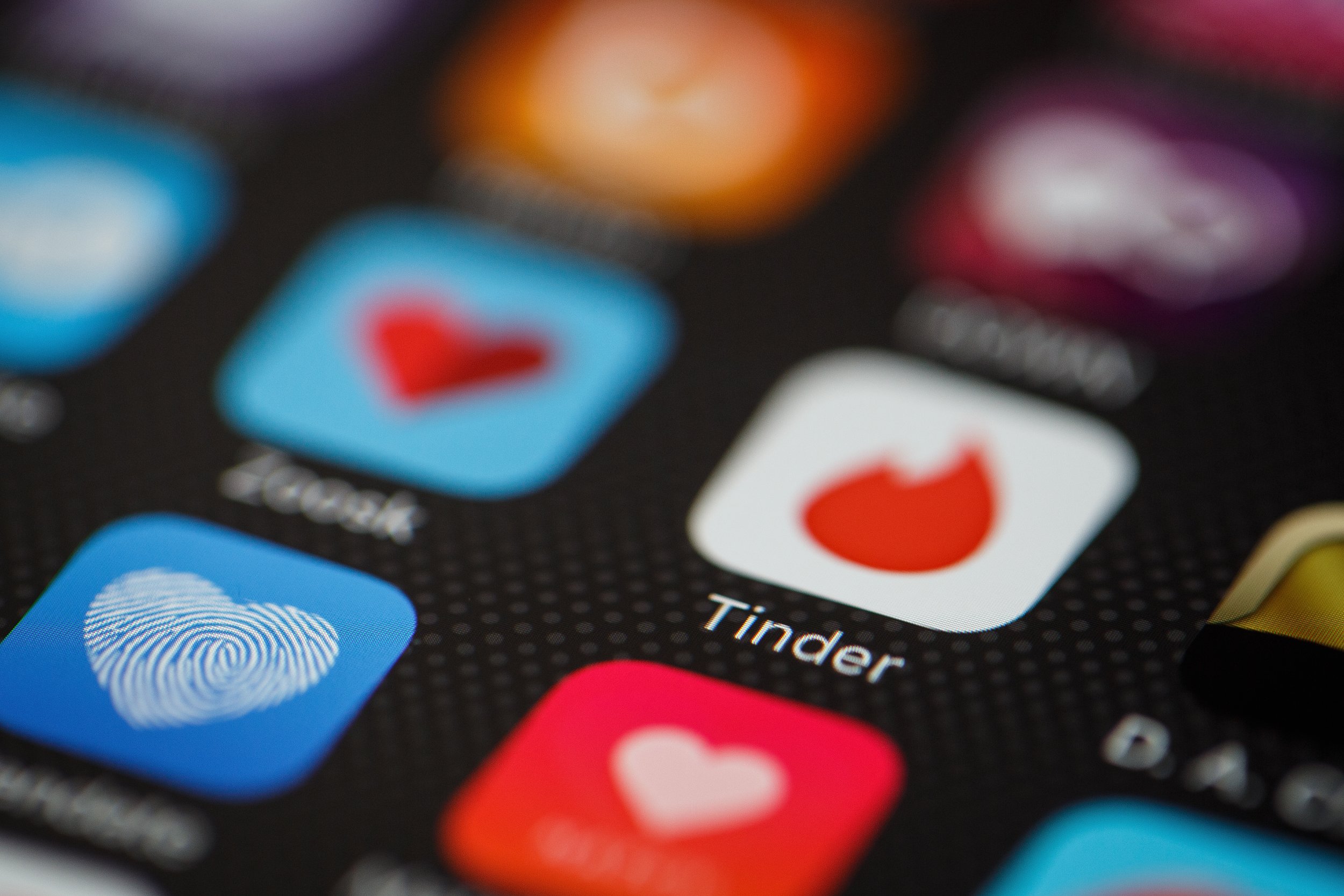
Not everyone looks like their photo (as most online daters have discovered). In fact, dates who don't look like the same person in their profiles or who look different in every photo seems to be a common complaint among most Tinder swipers. Online community Reddit has threads filled with singles asking for help about what to do when your date just doesn't look the same. While many often chalk it up to catfishing, a new study offers an explanation for why people don't always physically look like the same person.
Related:How Facial Expressions Could Hurt Hillary Clinton's Election Results
Researchers from the University of Bristol in England decided to study how different facial expressions influence how we view others. In the experiment, the team created packs of cards, each showing a neutral, inexpressive or highly expressive face. Subjects then sorted the packs into piles so that one pile represented one person.
The team found that many people were unable to tell detect the differences in expressions.
"Even though there were only two different faces in the packs, people tended to think there were many more - between five and eight on average," said study co-author Annabelle Redfern in a statement.
What's more, when the photos depicted expressions, participants weren't even able to identify how many people were represented in the cards.
"But when the faces were expressive, people also made another type of mistake: they confused the identities, and were more likely to place photos of both faces together, as if they were of the same person," Redfern said.
Outside of the way our minds process images, there's another factor that messes with our looks: the selfie craze. Dr. Daniel Baker, a psychology lecturer at the University of York in England, examined this issue in a blog post. Baker explains that tight shots can distort your facial features. He makes his point with five photographs taken from various distances.
From a distance of roughly 78 inches, Baker's face appears flat. Zoom in to just under a distance of eight inches from the camera, and the professor's nose looks larger. He estimates a distance of about 15.7 inches matches the image of how he perceives himself to look, though, he notes that photographers usually take portraits from longer focal lengths of 33.5 inches to produce a flattering and natural image.
To take the best photos, Men's Health magazine model Andy Speer tells the publication that the secret lies in three easy tips: angling your body, lowering your chin and laughing to yourself.
Uncommon Knowledge
Newsweek is committed to challenging conventional wisdom and finding connections in the search for common ground.
Newsweek is committed to challenging conventional wisdom and finding connections in the search for common ground.
About the writer
Melissa is a science writer covering health for Newsweek and has contributed to Inc., Dr. Oz The Good Life, Men's Fitness, Marie Claire and others. She earned ... Read more
To read how Newsweek uses AI as a newsroom tool, Click here.








